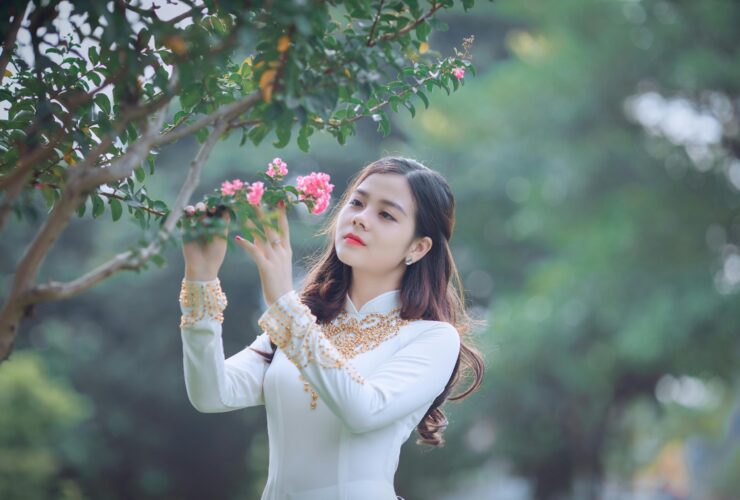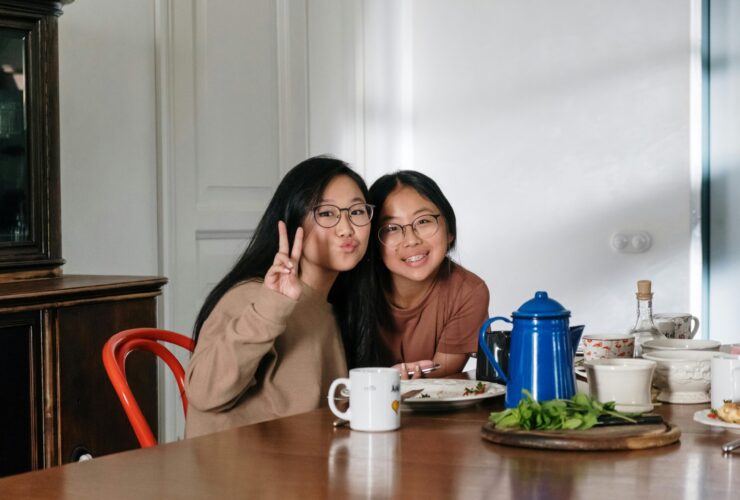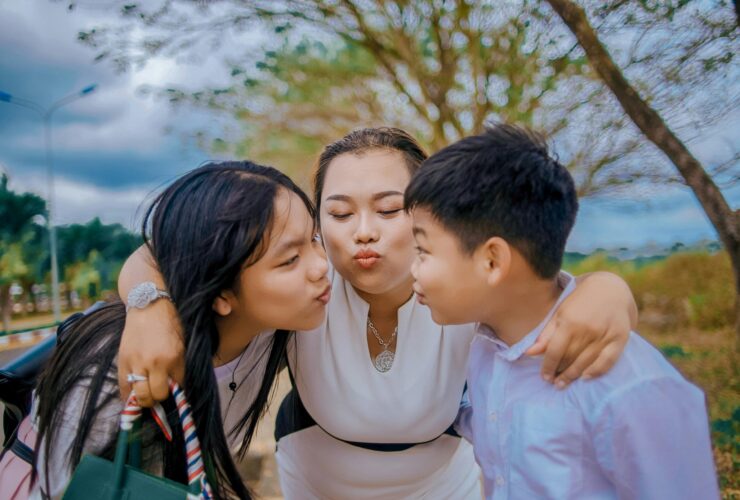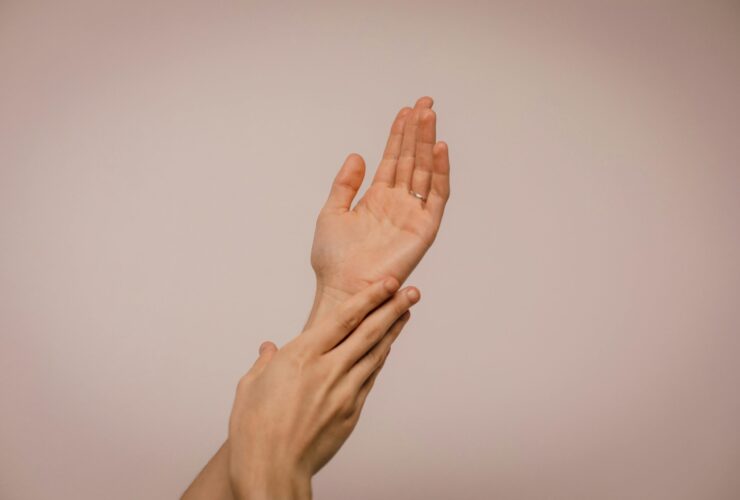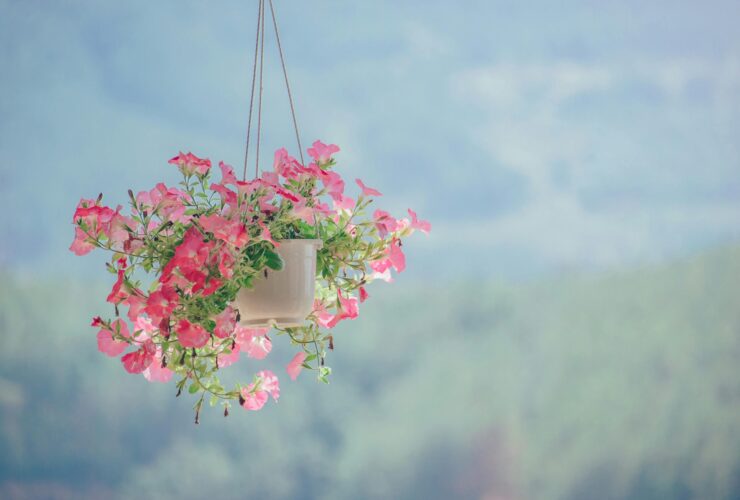Family gatherings seem to be synonymous with opportunities for relatives to ask invasive questions. Parents, aunts, uncles, and grandparents all seem to have something to say about dating and being in a relationship (and getting married, and having kids, etc etc). But romantic relationships can look very different across generations. With the explosion of online and app dating in recent years, the dating scene has become almost unrecognizable. As a therapist and as someone who has tried to date in LA, here are some thoughts and considerations that have come up for me in dating as an Asian American.
Family Pressures

For many Asian Americans, there seems to be an odd shift that happens once you enter your 20s. Prior to then, many parents are very strict about dating and emphasize a focus on school and career. However, once you are in your 20s, suddenly all of your relatives have endless questions about who you are dating and whether or not they are acceptable. Your family might have an endless checklist of acceptable traits and characteristics, and you might feel pressured to find someone that is able to check off most of those boxes. For example, your family might be insistent on your partner being of the same ethnic and cultural background. Your family might also try to require that they are educated, financially stable, physically attractive, deferent to elders, etc.
It can be difficult to navigate dating when you are trying to balance your own preferences as well as your family’s. It can also be difficult to challenge your family and to introduce a partner who might not fit those boxes, as you may experience pushback regarding your choice in partner. Even if you do introduce an ‘acceptable’ partner, that still might not be enough to escape questioning, as any long-term relationship is then susceptible to questions about marriage and children.
Cultural Differences
Whether or not you choose to date within your ethnicity or race, you may run into cultural differences between you and your prospective partner. While there are certainly commonalities across Asian American cultures, there can also be distinct differences when you consider regional origin and immigration history. For example, two Vietnamese Americans may share a number of cultural practices and traditions, but one partner may have immigrated much more recently and may hold Vietnamese culture much closer than American culture. There may be cultural considerations in regards to when you introduce your partner to your family, and what your partner might want to do to seek parental approval. For example, your partner may not come from a culture in which gifts at an initial meeting are necessary, but you may. There may also be differences between you and your partner in regards to traditional foods, practices, and holidays.
It can certainly be exciting to be able to share your culture with your partner, but it can be challenging to find a middle ground between cultural differences. For example, you may come from a culture in which affection is rarely shown verbally or physically, but your partner may feel most comfortable with those forms of affection.
Fetishization and Exotification

When you are on the dating scene and looking for a potential partner, you may find yourself feeling wary of any signs of fetishization and exotification from dating prospects. Colloquially called “yellow fever,” the fetishization of Asians by (oftentimes) non-Asians can act as a significant barrier to dating. It can make us feel like we are being stereotyped and depersonalized as if we are just representations of what others think Asians should be. It can also make us feel singled out and “othered,” like we are not a part of the general American population. When we hear remarks about our physical appearance, it can be hard to distinguish whether the other person is genuinely attracted to us or is just fetishizing ‘our more Asian features.’
Women in particular have had to face years of this, with historical and Hollywood portrayals of Asian women as either cute and submissive (the lotus blossom) or exotic and hypersexual (the dragon lady). However, men are also facing an increasing amount of fetishization. Asian men were previously often considered ‘the least desired’ on the apps, but with the rise of Asian celebrities in mainstream media, they are increasingly experiencing objectification and sexualization.
Dating Apps
Online dating has exploded in the last ten years, and for many adults in their 20s, 30s, and 40s, dating apps are a common method for meeting dating prospects. While they can certainly be convenient, they have their own host of challenges. The very premise of dating apps can feel shallow, given that you are judging compatibility potential off a handful of pictures and prompt answers. It can also feel overwhelming to be presented with so many profiles. At the same time, it can lead to feelings of insecurity and uncertainty if you are finding that you are not matching with any of these countless profiles. Once you do match with someone, you are not out of the woods yet. The conversation needs to move from the app to an in-person date, and many matches wither away at this stage. Even if it does move to an in-person date, you may find yourself feeling worried about the safety of meeting a total stranger or suspicious about the other person’s intentions for connection.
Additionally, it can be confusing to figure out the ‘right’ move after a first date – when do you text, who asks who out next, who pays for the next date? For many Asian Americans, raised with cultural expectations of politeness and consideration, it can be difficult to communicate intentions and feelings directly and bluntly. This can lead to miscommunication, and differences in dating pacing. It can sometimes feel impossible to find ‘success’ on a dating app.
- For a more thorough conversation about dating apps, please see our podcast here.
- For a more thorough conversation about masculinity in dating, please see our podcast here.
Moving Forward

While dating can certainly be a challenge, there are some things that you can do to make it a little easier for yourself. A good starting point is identifying your personal values and needs, and determining the core issues that matter to you the most. It’s okay if your preferences do not align with your family’s, and it’s okay if the people you date don’t check off all the boxes of their list (or your list). Prioritize the characteristics and behaviors that are most important to you, and give space for learning along the way.
Another helpful thing to keep in mind is your level of control and responsibility in any given dating situation. You cannot control whether or not someone will respond to you or like you, but you can control how you communicate and how you react. It can be painful when a dating prospect does not work out, but it is important to remember that that does not necessarily mean anything about you or your desirability. Being able to affirm and validate yourself will help with healthy boundaries and bouncing back from any experiences of rejection.
Seek Asian American Therapy at Yellow Chair Collective in Los Angeles or New York
If you are seeking therapy specifically tailored to your needs, consider reaching out to the culturally sensitive therapists at Yellow Chair Collective. We understand that different parts of our identities can show up in different parts of our lives, and that it can make navigating relationships difficult. We understand that there may be unique cultural and contextual factors that may influence your experiences.
At our Los Angeles, CA, and New York City, NY-based therapy practice, we have many skilled, culturally sensitive therapists who can provide an empowering therapeutic experience. For your added convenience and simplicity, we offer online therapy for anyone in the state of California or New York. We know that dating as an Asian American in Western society can be challenging, and we want to support you on your journey. Follow the steps below to begin.
- Fill out the contact form to get connected with us.
- Get matched with one of our culturally-sensitive therapists.
- Start feeling empowered in your interpersonal relationships.
Other Services at Yellow Chair Collective
There are many options for treatment using online therapy in California and New York, it just depends on what you’re needing. And while we certainly service Asian American folks, we also work with individuals from other cultures, too. So, whether you’re needing support in overcoming anxiety, burnout, trauma, or PTSD, we can help. Likewise, we serve teens and couples in need of support, too. So when you start online therapy with us, you can bring your whole self, including past struggles, cultural impacts, and more.

